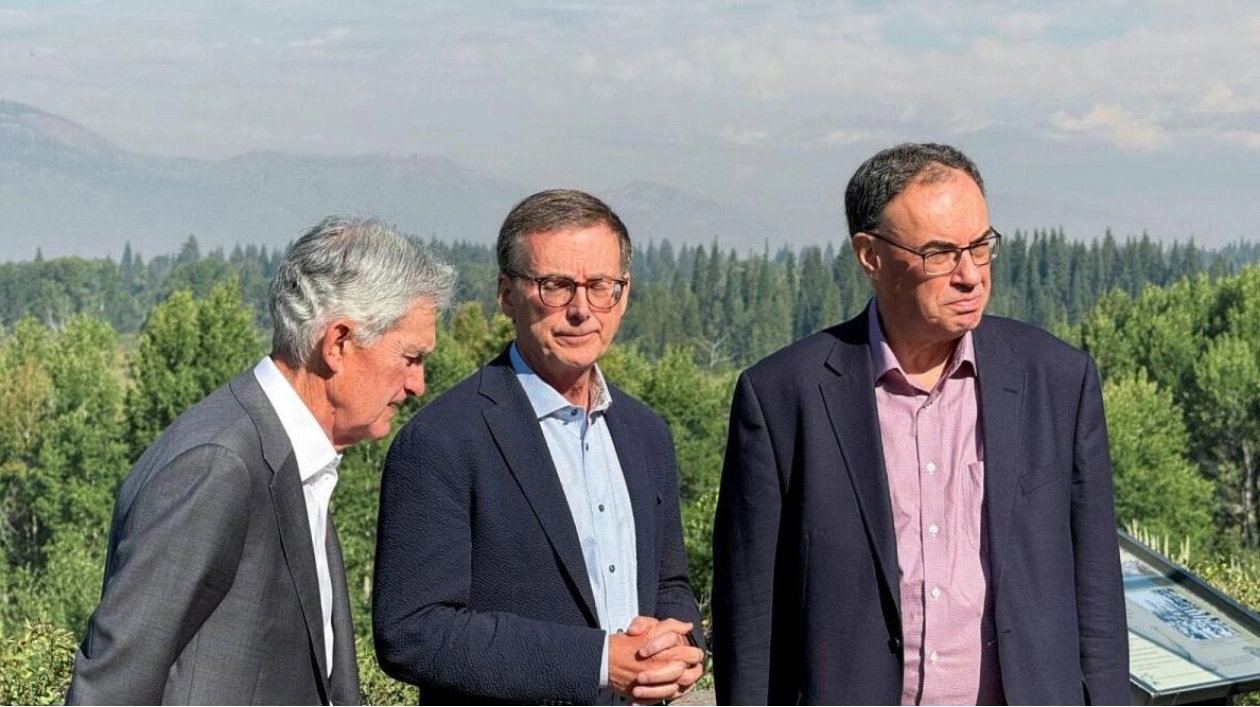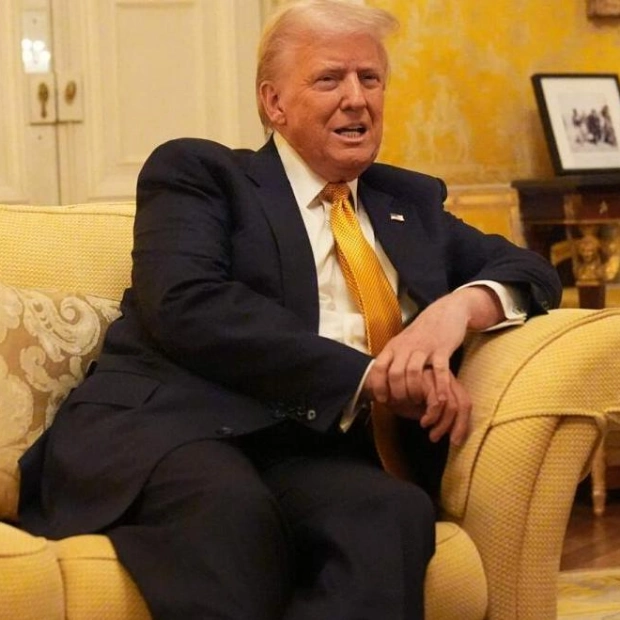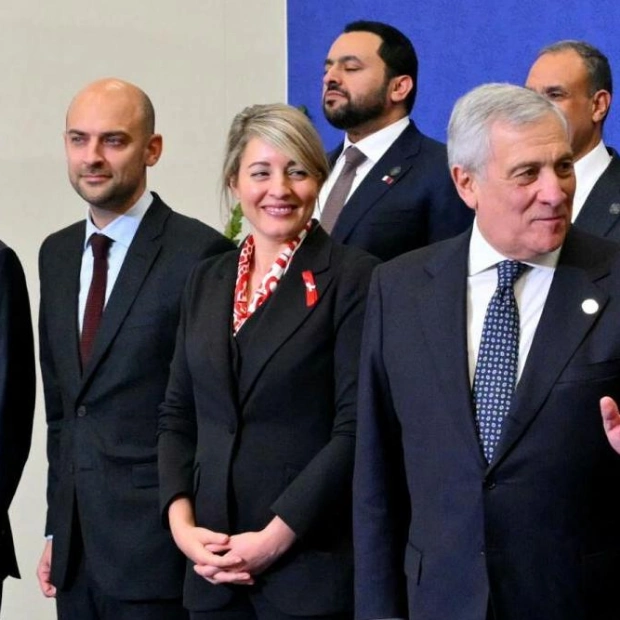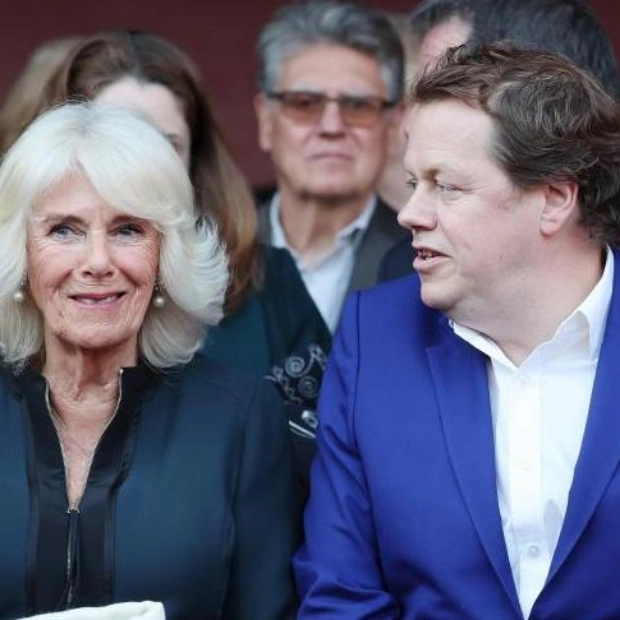The Federal Reserve's credibility in financial markets played a crucial role in its fight against inflation over the past two years, but this credibility had to be reestablished through actual interest rate increases that reinforced policymakers' verbal commitments to achieve price stability, according to recent research presented at the Kansas City Fed's annual research conference in Jackson Hole, Wyoming.
A robust belief in financial markets that a central bank dedicated to controlling inflation can enhance the effectiveness of monetary policy, leading to quicker adjustments in financial conditions and a reduction in inflation without significantly harming economic growth. Investors gradually came to trust that the US central bank, led by Fed Chair Jerome Powell, was genuinely committed to maintaining a 2 percent inflation target, a belief that solidified only after officials started raising the policy interest rate in March 2022 and intensified these hikes that summer, the researchers discovered.
"Forecasters and markets were highly uncertain about the monetary policy rule before the 'liftoff' and learned about it through the Fed's rate hikes," stated economists Michael Bauer from the San Francisco Fed, Carolin Pflueger from the University of Chicago, and Adi Sunderam from the Harvard Business School in their study. "Substantial rate hikes were apparently necessary for perceptions to shift... The public did not fully grasp the Fed's strategy and policy rule before liftoff."
The research cautions against central bankers relying too heavily on the power of 'talk therapy'—the ability to influence economic outcomes solely through words and promises. The Fed has been marked in recent years by an abundance of speeches and public statements from its officials, under the belief that increased transparency enhances public accountability and policy effectiveness.
However, the researchers found that while the Fed under Powell eventually gained the public's trust, this was not guaranteed. They used survey data to measure how professional forecasters perceived the Fed's response to rising inflation, finding that even as prices started to rise in 2021, the expected Fed response was close to zero. This uncertainty about the central bank's reaction was resolved after the first rate hike in March 2022, which led forecasters to anticipate a nearly proportional Fed response to any inflation increase.
The shift in perceptions coincided with policymakers moving from an initial quarter-percentage-point increase to four consecutive 75-basis-point hikes starting in June 2022, and Powell's firm speech at the Jackson Hole conference that same year, which reaffirmed his commitment to the inflation target despite potential economic hardships.
As market perceptions of the Fed's sensitivity to inflation grew, "interest rates became significantly more responsive to unexpected inflation data," the research noted, suggesting that this increased perception of inflation response likely enhanced the transmission of monetary policy to the real economy and improved the Fed's trade-off between inflation and unemployment.
For future policymakers, the message is clear: actions speak louder than words. "Policy rate actions contribute to, and may even be necessary for, the effectiveness of communication, especially when uncertainty about the monetary policy framework is high," the researchers concluded, recommending changes to the Fed's quarterly Summary of Economic Projections to make the central bank's 'reaction function' more transparent. "A timely policy rate response to inflation is crucial not only for influencing immediate financial conditions but also for signaling policymakers' seriousness."






